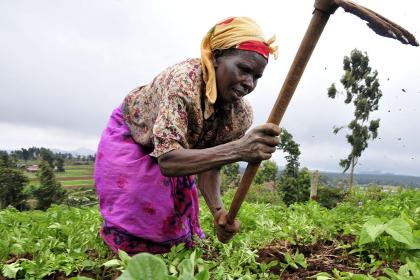
This publication is the outcome of UNCTAD’s ongoing work on sustainably harnessing the potential of fisheries and aquaculture resources for socioeconomic development in countries that have rich marine and freshwater resources.
Earlier work of UNCTAD on the subject, including in the context of the United Nations Development Account Project 1415M: Building the Capacities of Selected LDCs to Upgrade and Diversify Their Fish Exports, revealed significant potential and prospects for several structurally weak and vulnerable economies to become successful exporters of fisheries and aquaculture resources. Moreover, sustainably developing the sector can enhance employment opportunities, particularly for women, and contribute to reducing poverty and enhancing the food security of vulnerable segments of societies in urban and rural areas.
The present publication supplements earlier findings and conclusions by examining the potential, opportunities and challenges facing Angola and Haiti in maximizing their fisheries and aquaculture resources. The two countries possess large coastal areas, Exclusive Economic Zones, and freshwater resources with huge potential for fisheries and aquaculture development. However, these sectors in the two countries remain underdeveloped and dominated by artisanal and/or traditional fishing activities.
The publication particularly draws operational and policy lessons from the successful experience of Chile in developing an industrial-scale salmon sector, and provides policy recommendations for action in Angola and Haiti on how to develop their respective fisheries and aquaculture sectors.
Related
Topic

Projects
- Building the capacities of selected LDCs to upgrade and diversify their fish exports
- EU-UNCTAD joint programme for Angola: Train for Trade II
- Global crisis emergency support for Haiti: Sustainable trade and value chain development for diversification of the economy, improved working conditions, rural employment creation, and food security



